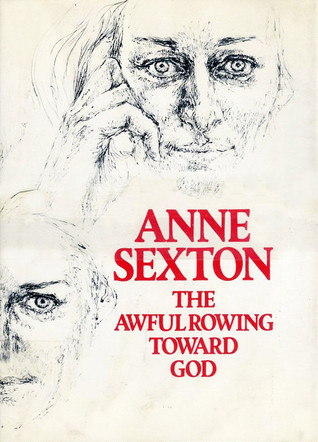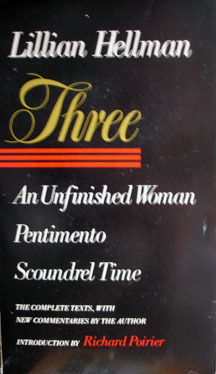
Letters Home
Book Description
Amidst the tumult of a restless mind and the haunting shadows of solitude, Sylvia Plath lays bare her innermost thoughts in "Letters Home." These poignant correspondences unravel the struggle between ambition and despair, capturing the raw intensity of a woman's voice trapped in a world that often feels unwelcoming. Through vivid imagery and emotional honesty, Plath invites readers to witness her journey of love, loss, and longing, each letter revealing layers of vulnerability and strength. As her words spill onto the page, one can't help but wonder: how much of ourselves do we sacrifice to find our place in the world?
Quick Book Summary
"Letters Home" is a compelling collection of Sylvia Plath’s personal correspondence, primarily with her mother, spanning her formative years, college experiences, burgeoning literary career, and marriage to Ted Hughes. The letters provide intimate glimpses into Plath’s thoughts, struggles, dreams, and fears as she navigates academia, relationships, and the pursuit of artistic success. Through her honest and often emotionally charged language, Plath reveals her constant tension between ambition and vulnerability. These letters capture not only her development as a writer but also her battles with mental health and feelings of isolation in a demanding world. Richly evocative, "Letters Home" stands as both a powerful memoir and a testament to the enduring complexity of Plath’s inner life.
Summary of Key Ideas
Table of Contents
The Search for Identity and Belonging
The correspondence in "Letters Home" traces Sylvia Plath’s journey from adolescence into adulthood, highlighting her lifelong quest for identity and a sense of belonging. The letters reveal her attempts to balance the expectations placed upon her with her own burgeoning individuality and passion for writing. Through these exchanges, Plath grapples with the pressures of academic excellence and the desire for approval, striving to carve out a space for her authentic self in both her family and the wider world.
Challenges of Ambition and Creativity
The book captures the unrelenting drive of Plath’s ambition and creativity. Her letters are filled with accounts of her literary pursuits, from early poetic endeavors to the thrill and anxiety of publication. Plath writes candidly about her artistic process, the setbacks she encounters, and the exhilaration of creative breakthroughs. This theme underscores the challenges faced by women artists in a competitive and often dismissive literary landscape.
Intimate Portraits of Mental Health Struggles
Mental health, vulnerability, and resilience are recurring currents throughout Plath’s letters. Her writing offers poignant insights into her psychological landscape, chronicling cycles of hope and despair, self-doubt and determination. The letters bear witness to Plath’s battles with depression, the isolating effects it brings, and her attempts to find solace and stability. They shed light on the complexities of living with mental illness while pursuing personal and professional fulfillment.
Family Relationships and Emotional Anchors
The importance of family relationships permeates "Letters Home," especially Plath’s bond with her mother, to whom many of the letters are addressed. The correspondence reflects both deep affection and underlying tension—her mother serving as a confidante and, at times, a source of pressure. Through these letters, Plath’s need for validation, her vulnerability, and her desire for support are powerfully expressed, painting a nuanced portrait of familial love and strain.
Navigating Love, Loss, and Resilience
Plath’s letters also illuminate her experiences with love, marriage, and loss. Her evolving relationship with Ted Hughes is documented in real-time, revealing both moments of profound connection and instances of disillusionment. Amid these personal trials, Plath’s longing for stability and recognition persists, and her resilience shines through. Ultimately, "Letters Home" offers a raw, unfiltered look at the struggles and strengths of a writer determined to define her place in the world.
Download This Summary
Get a free PDF of this summary instantly — no email required.





